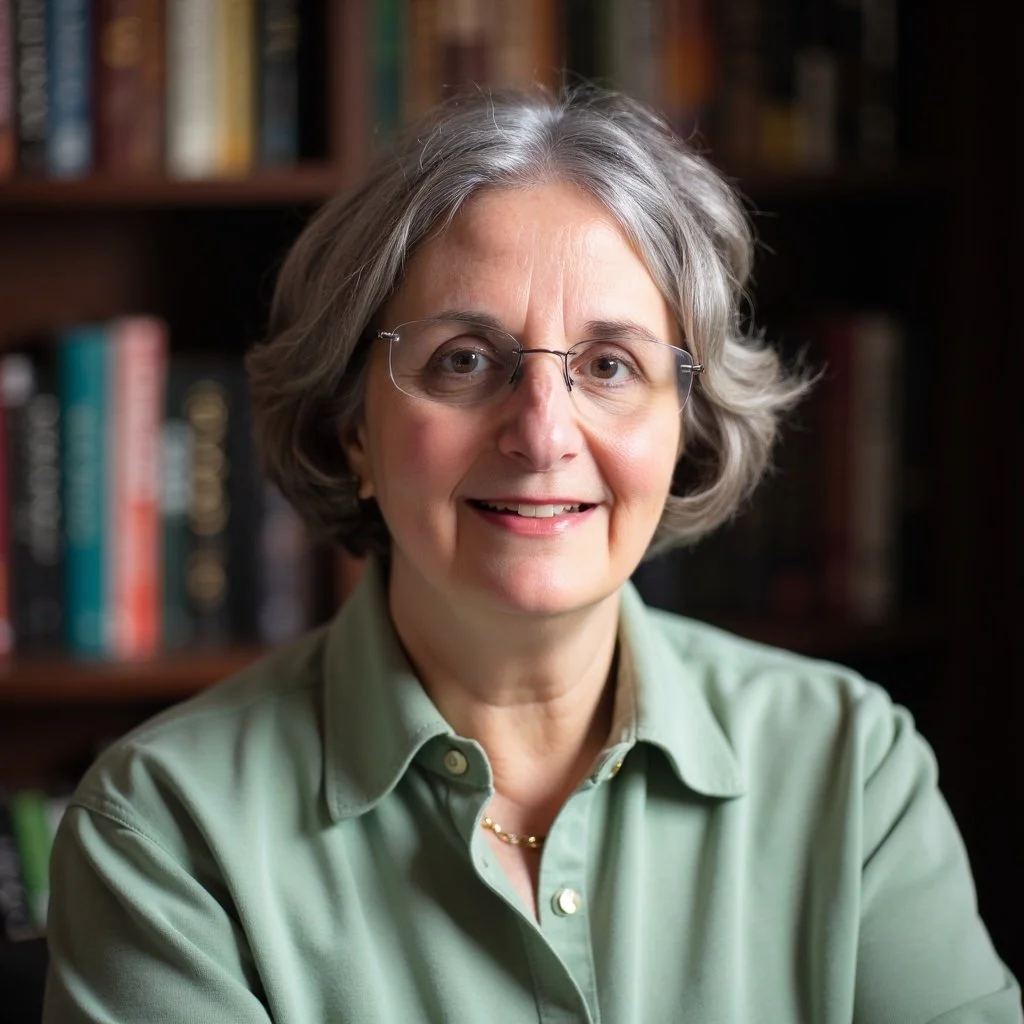About Nina
Nina Gilden Seavey is an Emmy Award-winning 40-year veteran of nonfiction storytelling. Her work can be seen in movie theaters, on television and streaming on major platforms, heard in podcasts, read in books and magazines, and experienced in museum installations across the globe. Her work is known for its breadth of genres, styles, and subject matter borne of Seavey’s unending curiosity about the world around her and her passion for artistic and technical experimentation. Most recently, she is the author of The Documentary Filmmaker’s Workbook.
She is the President of Seavey Media, LLC.
Seavey was the Founding Director of The Documentary Center in the School of Media and Public Affairs at The George Washington University from 1990-2020. She launched the careers of over 500 emerging documentarians in her annual Institute for Documentary Filmmaking and the International Emerging Filmmakers’ Fellowship.
Seavey holds the academic rank of Research Professor Emerita of History and of Media and Public Affairs at GWU. From 2017-2019 Seavey was a Visiting Research Scholar at the Schuster Institute for Investigative Journalism at Brandeis University. In addition to teaching workshops for many film and non-profit organizations, Seavey is a Professorial Lecturer at the Maine Media Workshops and College. Through her consultation services Seavey advises many emerging and accomplished documentarians who benefit from her experienced, steady guidance in all facets of the filmmaker process.
Seavey’s influence on the American documentary scene expanded in 2002 when she became the Founding Director of SILVERDOCS: AFI/Discovery Channel Documentary Festival (now AFI Docs). She continued with the festival as Executive Producer, strand programmer, and senior member of the management team until 2009. Under her stewardship, the festival became the largest documentary festival in the US.
Seavey’s films have won numerous awards including five National Emmy nominations (one statue awarded), the Erik Barnouw Prize for Best Historical Film of the Year, The Golden Hugo, Cine Special Jury Prize, The Telly, The Italian National Olympic Cup for Best Sports Film, The Peter C Rollins Prize for Best Film in American Culture, among many others.
Seavey has received many professional accolades including being named one of the top 50 professors of journalism in the U.S. She received a commendation for “Outstanding Service to the Industry” by Discovery Communications, and was named a “Woman of Vision” by Women in Film and Video. In 2021, she received the Charles Guggenheim Cinema St. Louis Award which honors a St. Louisan making significant contributions to the art of film.
Seavey regularly serves as panelist and advisor to many projects including efforts on behalf of the International Documentary Association, the National Endowment for the Humanities, the National Endowment for the Arts, The John Heinz Family Foundation, the Independent Feature Project (IFP), the Corporation for Public Broadcasting, and the Southern Humanities Media Fund.
Prior to becoming a non-fiction storyteller, Seavey had a career in politics from 1972 until 1980. She served on the Missouri campaign staffs for the presidential campaigns of George McGovern and Morris Udall and for the senatorial campaign for Thomas Eagleton (D-MO). Seavey relocated to Washington DC and served as foreign and military policy advisor to Congresswoman Patricia Schroeder (D-CO). In 1979 she became a political appointee in the Office of the Secretary of Defense under the Carter Administration.
Seavey is married to Ormond Seavey, Professor of English at George Washington University. She has three children, Dr. Aaron Seavey (Seattle, WA), Eleanor Fortier (Los Angeles, CA), and Dr. Caleb Seavey (Cleveland, OH). Seavey is “Nana” to two granddaughters, Ava and Sophie.
Seavey attended Mount Holyoke College and earned her BA in History and French Literature from Washington University in St. Louis.. She received an MA in History, with an emphasis in late 19th Century American Social History, from George Washington University.
